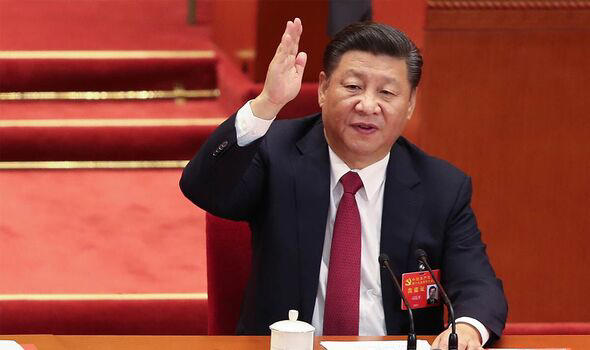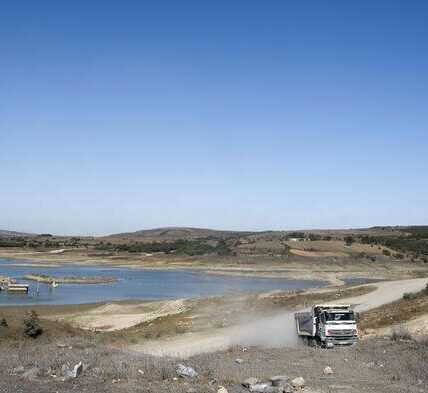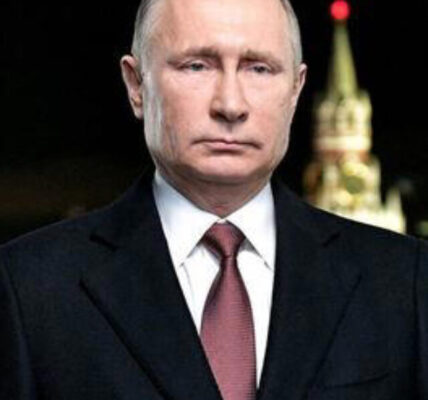- Homepage
- world affairs
- “NATO Encroachment: 5 Shocking Ways it Threatens Stability”
“NATO Encroachment: 5 Shocking Ways it Threatens Stability”
Table of Contents
ToggleNATO Encroachment: China and Russia Warn of Growing Concerns
“NATO encroachment: Discover the growing tensions as China and Russia voice alarm over NATO’s expanding influence in the Asia-Pacific. Explore the concerns surrounding NATO’s actions and their potential impact on regional stability. Learn why the alliance’s moves are raising fears and sparking diplomatic discussions among key players on the global stage. Delve into the complexities of geopolitics as nations navigate competing interests and alliances in an increasingly interconnected world. Stay informed about the latest developments in this evolving situation and the efforts to address the challenges posed by NATO’s presence in the Asia-Pacific region. Gain insights into the diplomatic efforts underway to mitigate tensions and promote cooperation among nations with vested interests in the area. Stay ahead of the curve with a comprehensive understanding of the issues at stake and the implications of NATO’s actions in this crucial geopolitical arena.”

© Getty
NATO Encroachment
Tensions are rising as China and Russia unite in accusing NATO of encroaching on the Asia-Pacific region, fueling fears of destabilization and potential conflict. In recent diplomatic talks, top officials from both countries have voiced concerns over what they perceive as NATO’s increasing presence in an area they consider their “common home.”
Concerns Over NATO’s Reach
Russian Foreign Minister Sergey Lavrov and Chinese counterpart Wang Yi recently held discussions highlighting their worries about NATO’s actions. They argue that NATO is expanding its influence into the Asia-Pacific, a move they view as a threat to their security and influence in the region.
Calls for a New Security Architecture
Lavrov emphasized the need for a new security framework in Eurasia, suggesting that existing Euro-Atlantic mechanisms are deteriorating. Both Lavrov and Wang stressed the importance of ensuring security and stability in the Asia-Pacific region amidst NATO’s perceived encroachment.
Opposition to NATO Expansion
The Russian and Chinese officials strongly oppose NATO’s expansion efforts, particularly its formation of military and political alliances aimed at countering their influence. They see this as a provocative move that could escalate tensions and undermine regional stability.
A Multipolar World Order
Lavrov and Wang advocate for a multipolar world order, where power is distributed among multiple nations rather than being dominated by a single superpower or alliance. They believe that NATO’s actions threaten this vision and could lead to increased conflict and division.
Countering Western Obstructionism
In response to what they see as Western obstructionism, Lavrov and Wang propose a policy of “dual opposition.” This approach aims to challenge efforts by the US and its allies to monopolize global affairs and promote their own interests at the expense of others.
China’s Involvement in Ukraine Crisis
The conflict in Ukraine has further strained relations between East and West, drawing China into the fray due to its alliance with Russia. China’s support for Russia has led to concerns about its role in the conflict and its implications for regional stability.

© Getty
Opposition to NATO’s Eastward Movement
China has expressed its disapproval of NATO’s “eastward movement” into the Asia-Pacific region, particularly after the alliance invited non-members to a summit in Lithuania. This move has raised concerns about NATO’s intentions and its impact on regional dynamics.
The Need for Dialogue and Diplomacy
Amidst growing tensions, there is a pressing need for dialogue and diplomacy to address the underlying issues and prevent further escalation. China and Russia have called for peaceful resolutions to conflicts and a commitment to mutual respect and cooperation.
Conclusion: Navigating Geopolitical Challenges
The accusations of NATO encroachment by China and Russia underscore the complex geopolitical landscape in the Asia-Pacific region. As tensions continue to simmer, it is crucial for all parties involved to prioritize dialogue and cooperation to maintain peace and stability in the region.
ALSO READ:
“NATO-Russia Tensions: 5 Shocking Signs of Escalating Hostility”



